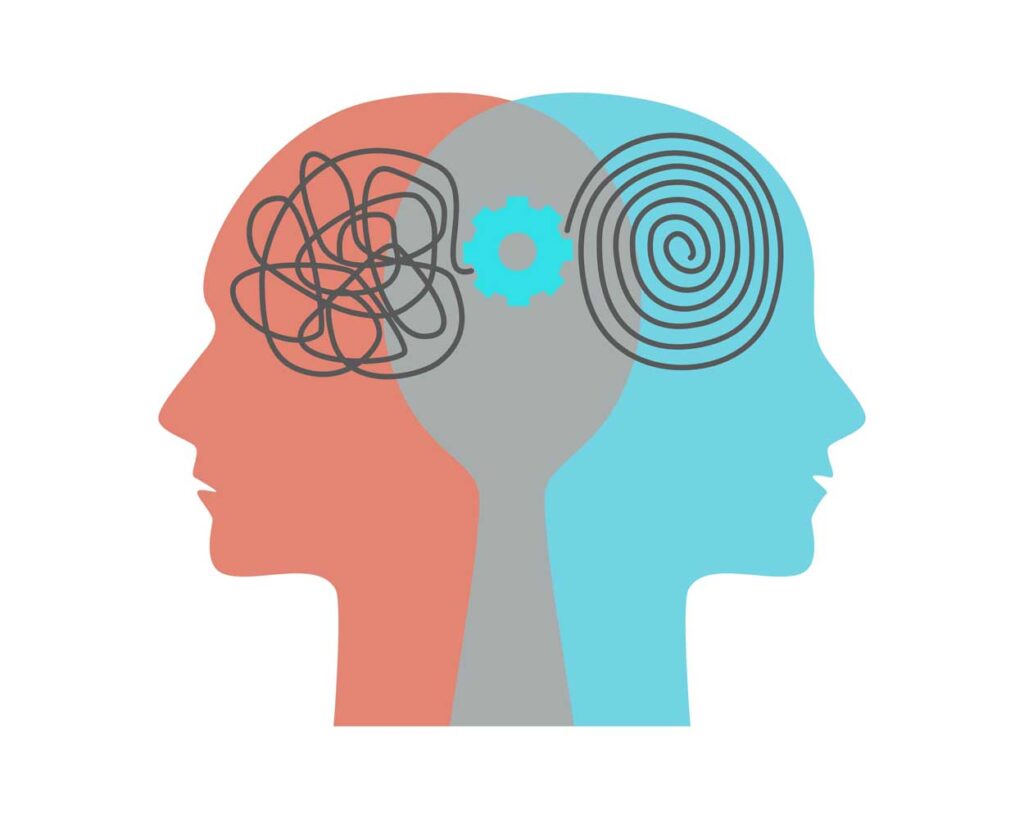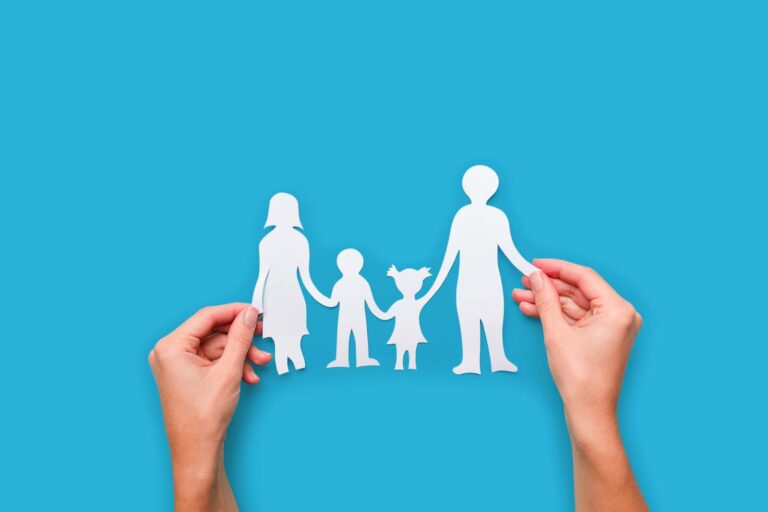Mental health is a vital component of our overall well-being, influencing how we think, feel, and act. It affects our ability to cope with stress, relate to others, and make choices. Yet, despite its significance, mental health often remains shrouded in stigma and misunderstanding. This article aims to shed light on the importance of mental health awareness, emphasizing the need to raise awareness and reduce stigma surrounding mental health issues.
What Is Mental Health?
Mental health encompasses emotional, psychological, and social well-being. It can affect various faucets of one’s life including relationships, work, education, and overall happiness. Mental health is not merely the absence of mental illness but also the presence of positive characteristics such as resilience, self-esteem, and the ability to form meaningful relationships.
It’s important to note that mental health is a spectrum. Everyone has mental health, just as everyone has physical health. Mental health problems can affect anyone, regardless of age, gender, race, socioeconomic status, and other identifying attributes.
Mental Health by the Numbers
The prevalence of mental health issues in the United States is staggering:
• Nearly 60 million adults (23.08%) experienced a mental illness in the past year (Mental Health America, 2024).
• Approximately 13 million adults (5.04%) reported serious thoughts of suicide.
• Suicide rates have reached an all-time high, with the number of individuals who died by suicide in 2022 being the highest ever recorded in the U.S. (MHA, 2024).
Among youth:
• One in five young people aged 12-17 experienced at least one major depressive episode in the past year.
• Over 56% of these youth did not receive any mental health treatment.
• More than 3.4 million youth (13.16%) had serious thoughts of suicide (MHA, 2024).
• LGBTQ+ teens are particularly vulnerable: 41% of LGBTQ+ teens have contemplated suicide, 32% made a plan, and 20% have attempted suicide — rates significantly higher than their heterosexual peers (CDC, 2023)
These statistics underscore the widespread nature of mental health challenges and the urgent need for increased awareness and support.
The Stigma Surrounding Mental Health
Despite the prevalence of mental health issues, stigma remains a significant barrier to seeking help. Research indicates:
• 60% of adults with mental health issues did not seek treatment in the past year due to stigma.
• 1 in 5 Americans believe that people with mental health problems are violent.
• Only 25% of people with mental health issues feel that others are compassionate and understanding.
This stigma can lead to delays in seeking help, with individuals often waiting an average of 10 years before reaching out for support (MHA, 2024). The consequences of this delay can be severe, affecting not only individuals but also their families and communities.
Signs and Symptoms to Look Out For
Recognizing the signs of mental health issues is crucial for early intervention. Common symptoms include:
• Persistent feelings of sadness or depression
• Excessive fears or worries
• Extreme mood changes
• Withdrawal from friends and activities
• Significant tiredness or low energy
• Difficulty concentrating or making decisions
• Changes in eating or sleeping habits
• Thoughts of self-harm or suicide
If you or someone you know is experiencing these symptoms, it’s important to seek help promptly. Early intervention can lead to better outcomes and a quicker return to well-being.
How to Support Yourself and Others
Supporting mental health involves both self-care and reaching out to others. Here are some strategies:
• Practice self-care: Engage in activities that promote relaxation and well-being, such as exercise, meditation, or hobbies.
• Reach out: Talk to someone you trust about your feelings. Sharing can lighten the emotional load.
• Seek professional help: Consult a mental health professional if needed. Therapy and counseling can provide valuable support.
• Support others: If someone you know is struggling, offer a listening ear and encourage them to seek help.
Remember, seeking help is a sign of strength, not weakness.
The Role of Society in Mental Health Awareness
Society plays a pivotal role in shaping attitudes toward mental health. Efforts to reduce stigma and promote awareness include:
• Education: Schools and workplaces are increasingly offering mental health education to foster understanding and empathy.
• Advocacy: Organizations like Mental Health America and the National Alliance on Mental Illness work tirelessly to raise awareness and advocate for policy changes.
• Media: Celebrities and public figures sharing their mental health journeys help normalize these conversations.
Collective efforts can create a culture where mental health is openly discussed and supported.
Resources and Where to Get Help
If you or someone you know is struggling with mental health issues, numerous resources are available:
• 988 Suicide & Crisis Lifeline: Call or text 988 for free, confidential support 24/7.
• National Alliance on Mental Illness (NAMI): Offers support, education, and advocacy for individuals affected by mental illness.
• Mental Health America (MHA): Provides information and resources to promote mental health and well-being.
These services are confidential and available to everyone.
Mental health is an integral part of our overall health. By raising awareness and reducing stigma, we can create a society where individuals feel empowered to seek help and support one another. Remember, mental health matters, and it’s okay to not be okay. Seeking help is the first step toward healing and well-being.






